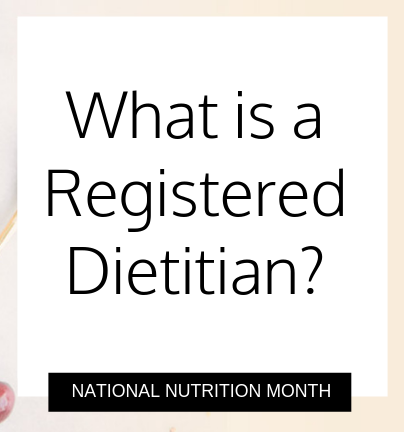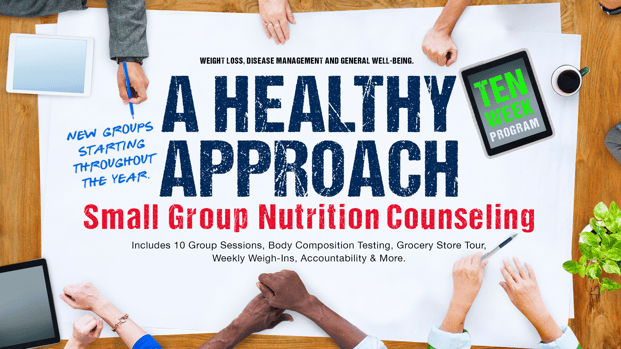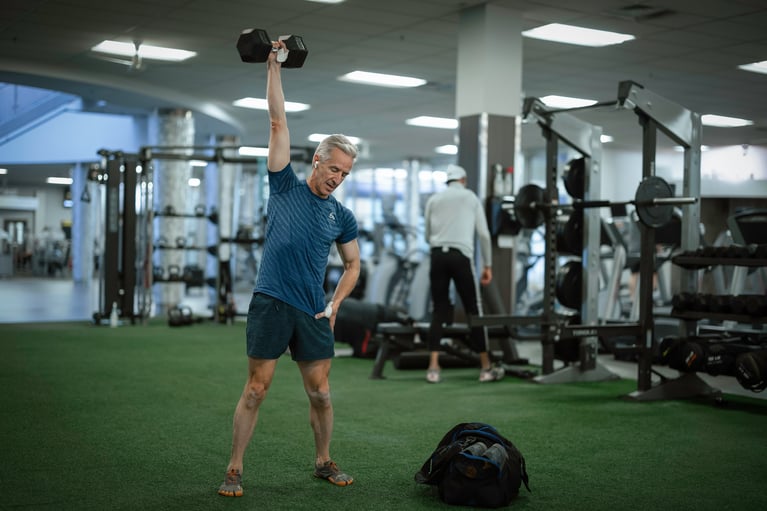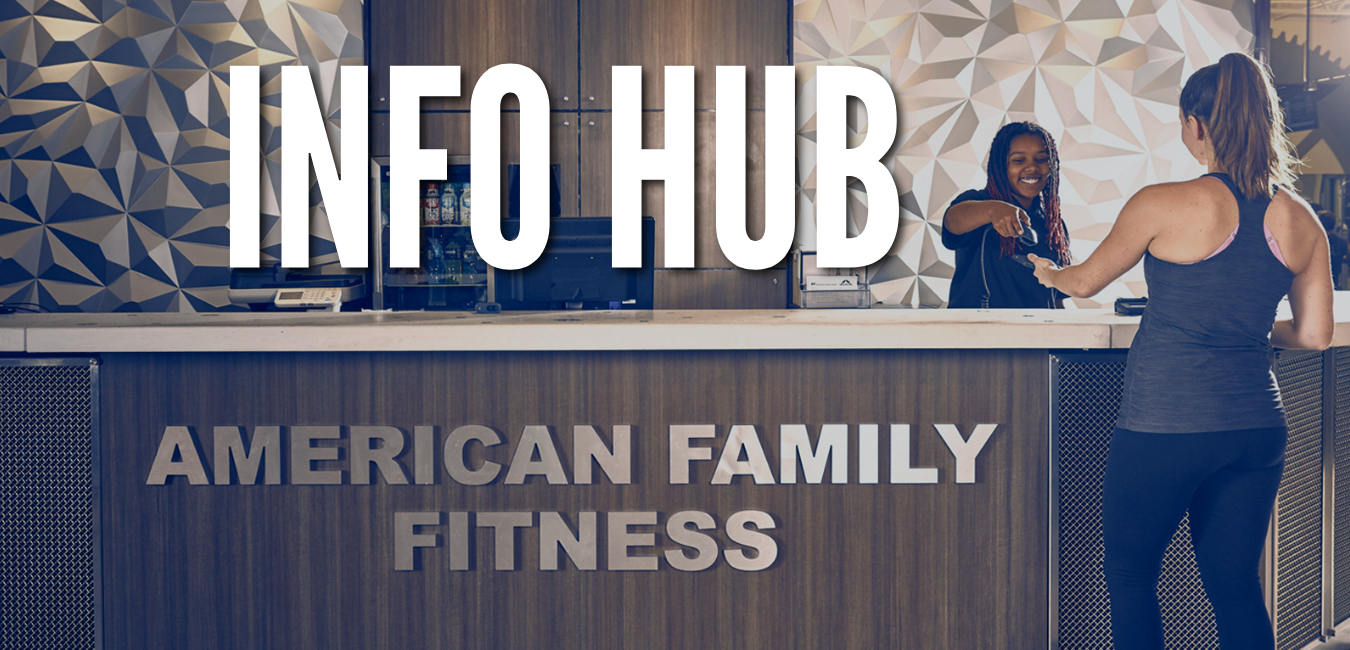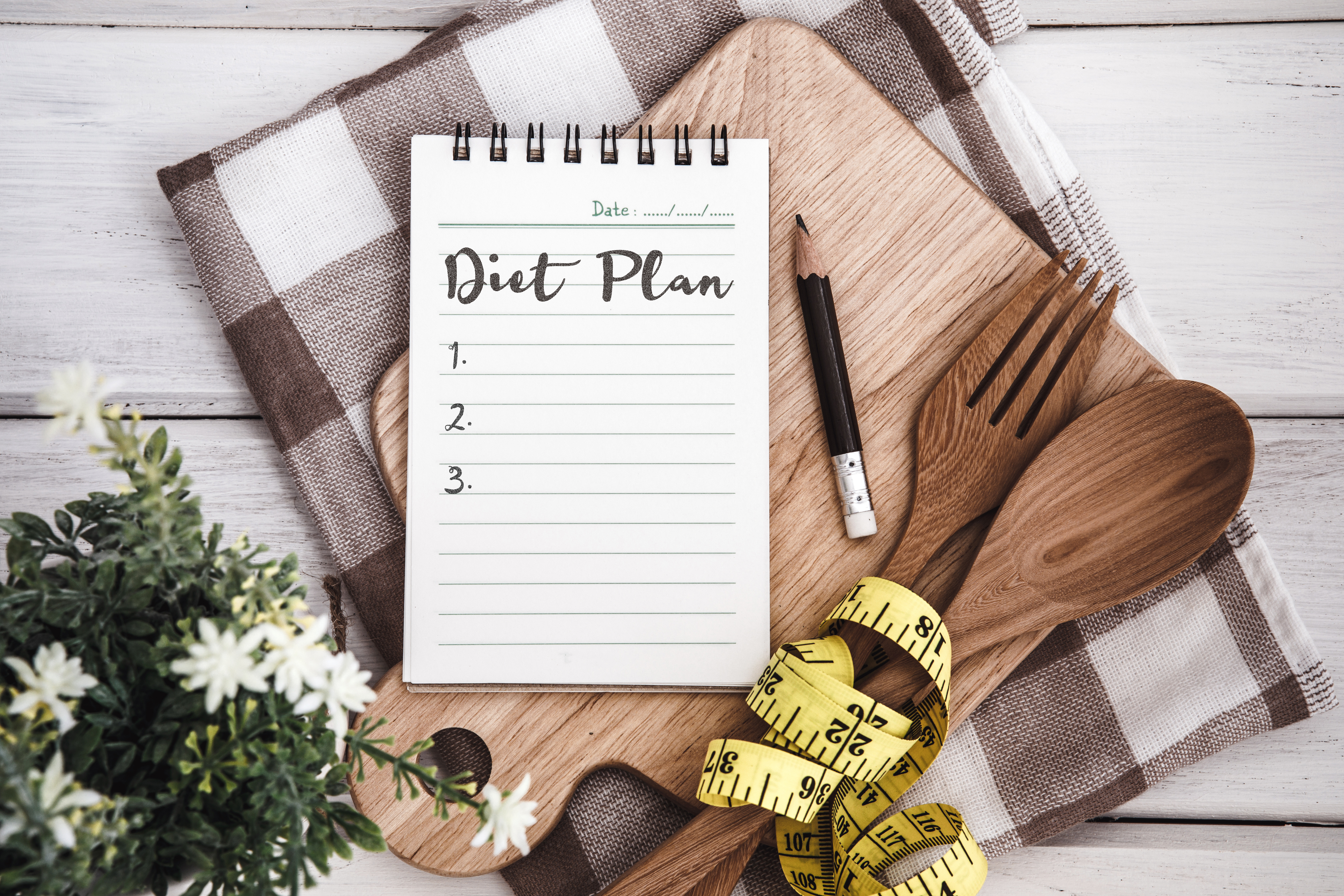
When I was asked to write “The Anatomy of a Diet,” I wasn’t thrilled about it. In fact, my initial reaction was to simply say “no,” and then offer another idea. After all, the first three letters of “diet” spell “DIE.” But as I thought more on the topic, I had to revisit the reasons I became a dietitian (which ironically, also has “die” as the first 3 letters). Food is powerful and can be used to make life better or worse. I chose nutrition as my profession because I want to help people enjoy healthy, vibrant lives. The opportunity to write an article about the Anatomy Of A Diet presents the perfect opportunity to get real about food. So, buckle in and get ready for #truth.
According to the Oxford Dictionary, a diet is “a special course of food to which one restricts oneself, either to lose weight or for medical reasons.” Anatomy is defined as “the study of the structure or internal workings of something.” So, the “anatomy of a diet” would refer to how a combination of specific foods work together to create a specific outcome. It is the eating plan you follow for a desired result.
From my perspective as a Registered Dietitian, a “diet” is a temporary eating solution that promises a quick result, but is rarely sustainable and may or may not produce a lasting result. “Diets” may involve eating a specific food multiple times per day, for example, The Cabbage Soup Diet. Some diets, like Whole 30 and Paleo, eliminate an entire food group or multiple food groups, and some drastically limit a major nutrient, for example, a low carb diet like the Ketogenic diet. There are diets that restrict eating to specific times of the day, such as Intermittent Fasting, and there are diets that offer pre-portioned packaged meals that take the work out of planning and cooking. Then there are the ideal diets, like the Mediterranean Diet and the DASH Diet, that are touted by the top medical experts. The diet options are endless!
Knowing what to eat, when to eat, how much to eat, and to be able to do it through the ups and downs of life is no easy task. The bottom line is there is no perfect diet that works for everyone. A “one size fits all approach” simply doesn’t work when it comes to nutrition.
So if there isn’t one easy answer, how can you decide the right “diet” for you? Let’s break it down and start by answering the following five questions.
- What is your goal? Define your goal on paper and write down why it matters. For some, the goal may be to lose weight. How much weight? For others, it could be a health goal or getting off a medication. Be specific. Others may struggle with cravings, managing stress, anxiety, depression, or chronic pain. Having a specific goal can help you develop a plan. Knowing the “why it’s important” will help you stick to the plan.
- What is your starting point? To do this, you’ll have to do some self-observation and list your strengths and challenges. Keeping a food diary can help you identify areas for improvement and also serves to convince your mind that you are serious about making a change. Be honest. This process, when done seriously, can be very revealing. You may not have realized how many pieces of candy you eat from the candy bowl at work, or how many calories are in the soda you drink, or how frequently you eat out until you start writing it down.
- What are your expectations and are they realistic? You wouldn’t expect a new swimmer to swim butterfly or do flip turns in the first lesson, so don’t expect a new habit to be established on the first day. Developing new eating habits takes time and practice. Expect challenges and learn from them.
- What additional resources, if any, will you need to stay successful? Do you have the knowledge and skills to be successful? How will you track your progress? Who will encourage you and hold you accountable? Are you teachable? For example, if you have zero cooking skills, you may need to start with a beginner’s cooking class, or buy a cookbook, or ask a friend to show you some cooking basics before you start an eating plan that requires extensive cooking and meal prep. If you don’t know a lot about nutrition, you may want to start by reading a book about nutrition or consider the help of a registered dietitian. Share your journey with a friend or family member and ask them to support and encourage you.
- Is the “diet” sustainable? Food is an essential part of health and wellness, but it is also a key component of positive social interactions and pleasure. It is possible and important to follow a plan that satisfies both needs. Good health is much more than a number on a scale, and diets that promise quick weight loss could potentially harm your health, disrupt your metabolism and waste your money.
And then… get started and DO IT! Thinking about making a change is not the same as doing something. And it’s not going to be perfect and life will throw curveballs. Expect them! Every time you eat is an opportunity to practice and develop new habits. Practice makes progress. And when you get stuck or off track, simply start again, and again, and again.
“Diet” Checklist – Finding the Right Diet for You [table to compliment article above?]
How can you distinguish between a healthy eating plan and a diet that could potentially harm your health, disrupt your metabolism and waste your money? Here are ten questions to help you decide if the latest diet is a fad or a healthy eating plan. Answer the following with a yes or no:
Does the plan:
- Teach new food skills for life?
- Promote long-term results?
- Increase life-coping skills?
- Respect your body?
- Take notice of your hunger levels and let you experience the feeling of fullness?
- Encourages eating a variety of foods from all food groups?
- Focus on eating more fruits and vegetables and heart-healthy foods?
- Provide scientific evidence to support it?
- Avoid magical tricks/supplements to burn fat while you do nothing?
- Teach new physical activity and movement habits?
Article contributed by Pam Speich
Pam Speich is a Registered Dietitian who graduated from Carson Newman College with a Bachelor of Science Degree with Honors in Foods and Nutrition with an Emphasis in Dietetics. She completed her Dietetic Internship at Vanderbilt University Medical Center and earned the credentials of Registered Dietitian in 2000. In March 2018, Pam became a certified personal trainer. Pam’s experience includes nutrition counseling, wellness program development, public speaking, wellness research and writing, sales and marketing, and food labeling. Her areas of nutrition specialty include weight loss, heart-healthy diets, diabetes, celiac disease, food allergies and intolerances, and low thyroid conditions. What Pam loves most about being a dietitian is the opportunity to witness lives changed for the better through the power of food.

